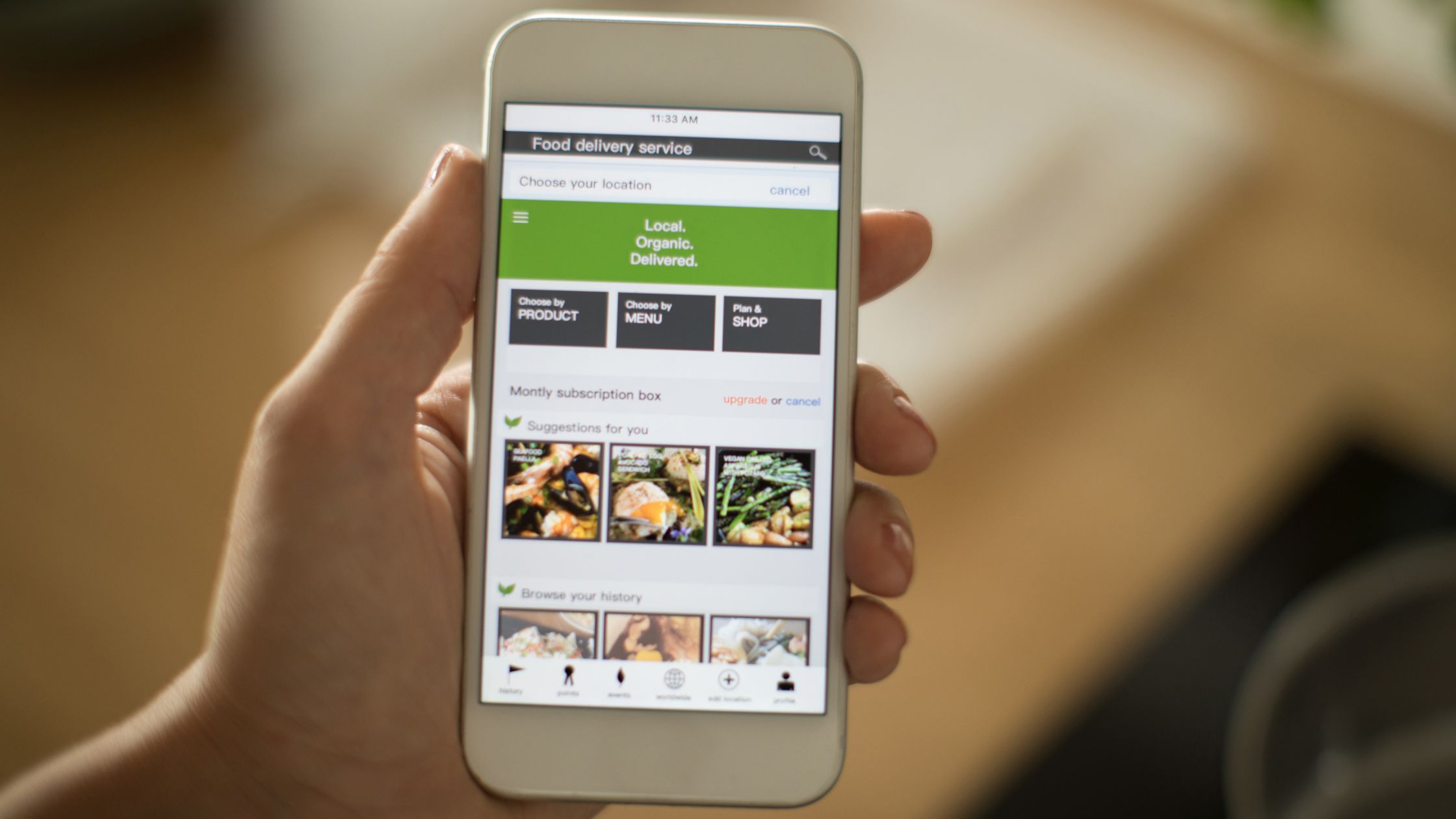In today’s fast-paced digital age, mobile apps have become an integral part of various industries, revolutionizing the way businesses operate and interact with their customers. The food and beverages industry is no exception, as it has witnessed a remarkable transformation through the integration of mobile applications. From enhancing customer experiences to streamlining operations, mobile apps have proven to be a game-changer for businesses in this sector.
1. Seamless Ordering and Delivery:
Mobile apps have simplified the ordering process for customers, offering them the convenience of browsing menus, customizing orders, and placing them with just a few taps. Whether it’s dine-in, takeout, or home delivery, mobile apps provide a streamlined and hassle-free way for customers to get their favorite meals. Integrating real-time tracking functionalities also allows users to monitor the status of their orders, enhancing transparency and reducing anxiety about delivery times.
2. Personalized Experiences:
Mobile apps enable businesses in the food and beverages industry to gather valuable customer data, such as preferences, order history, and dietary restrictions. With this information, they can offer personalized recommendations, promotions, and discounts tailored to individual users. This personalization not only enhances customer loyalty but also boosts sales and creates a stronger bond between the customer and the brand.
3. Loyalty and Rewards Programs:
Mobile apps provide an excellent platform for implementing loyalty and rewards programs. Businesses can incentivize customers to use the app by offering points, discounts, or exclusive deals for frequent orders. This not only encourages repeat business but also enhances customer engagement and brand loyalty.
4. Enhanced Marketing Opportunities:
Mobile apps enable businesses to engage with their customers through push notifications and in-app messages. These channels can be effectively utilized to inform customers about new menu items, limited-time offers, special events, and more. By leveraging these marketing opportunities, businesses can keep their customers informed and engaged, resulting in increased footfall and online orders.
5. Efficient Operations:
Behind the scenes, mobile apps development can significantly improve the efficiency of operations in the food and beverages industry. Integrated inventory management, order processing, and kitchen management systems help businesses optimize their workflows and reduce errors. Real-time data and analytics provided by mobile apps allow businesses to make informed decisions, such as adjusting menus based on popular items or optimizing staff schedules.
6. Contactless Payments and Safety:
The recent global health crisis has underscored the importance of contactless interactions. Mobile apps facilitate contactless payments, allowing customers to pay for their orders through the app itself. This not only minimizes physical contact but also enhances the overall safety of the dining experience.
7. Increased Visibility and Accessibility:
Having a mobile app increases a business’s visibility and accessibility. With app stores and search engines, potential customers can easily discover and access your offerings. This broader reach can result in an expanded customer base, both locally and beyond.
8. Feedback and Improvement:
Mobile apps offer a platform for customers to provide feedback, reviews, and ratings. This real-time feedback loop allows businesses to understand their strengths and weaknesses, helping them continuously improve their offerings and services.
In conclusion, developing mobile apps for food and beverages industry bring a revolutionary shift. They enhance customer experiences, streamline operations, boost loyalty, and provide an avenue for growth in a competitive landscape. Embracing mobile technology is no longer an option; it’s a necessity for businesses looking to thrive in today’s digital-driven world.
